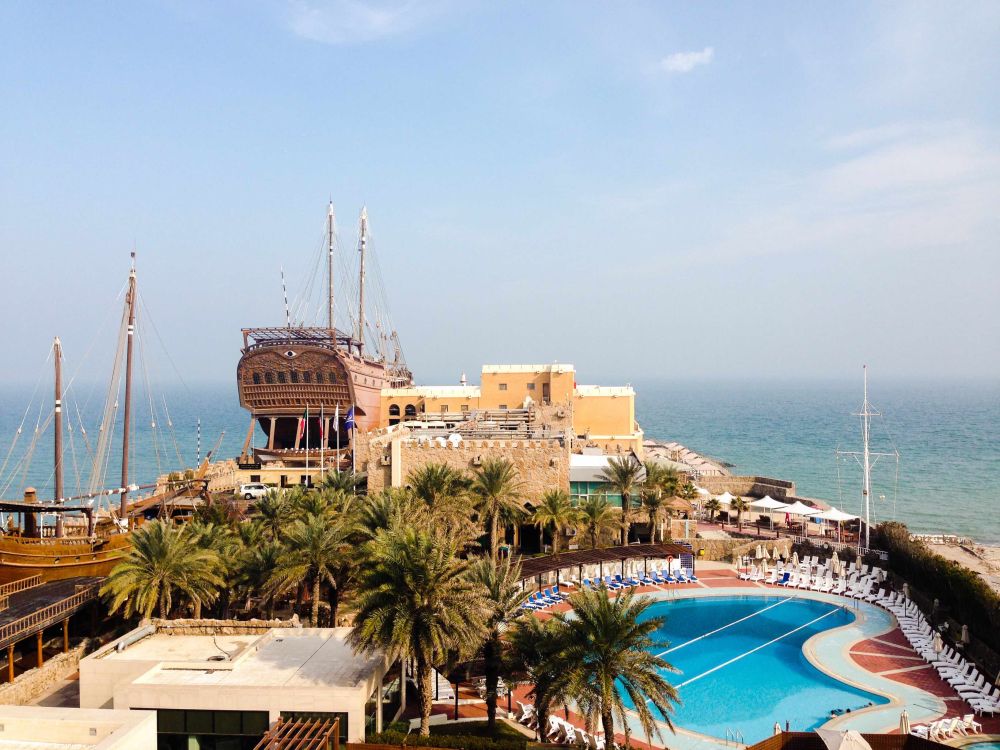

The State of Kuwait has long been associated with maritime heritage, and the Al Hashemi Marine Museum is a testament to the rich history that intertwines the lives of Kuwaitis with the sea. Situated in Salmiya near the shores of the Arabian Gulf, the museum finds its home beside the Al Hashemi-II, which holds the Guinness World Record for being the largest wooden dhow ever constructed.
The museum was inaugurated on the 23rd of February in 2003, within the premises of the Radisson Blu Hotel. It is housed adjacent to the majestic dhow, which took over 15 years to complete. The Al Hashemi-II dhow serves as the museum's breathtaking centerpiece and symbolizes the country's longstanding connection with maritime trade and pearling.
The area where the museum currently stands has been an influential port and a bustling center of trade for centuries, with Kuwaiti sailors and merchants journeying across the seas to distant lands. These maritime activities brought prosperity and a cultural exchange that shaped Kuwait's economy and society.
The Al Hashemi Marine Museum is dedicated to preserving and showcasing the nation's maritime history. The museum's exhibitions include an array of traditional maritime artifacts such as navigational instruments, maritime documents, ship-building tools, and photographs. Visitors can gaze upon beautifully crafted scale models of traditional dhows and learn about the various types of these vessels such as the Boom, Sambuk, and Baghlah, each serving a different purpose on the waters.
The museum has become a significant draw for tourists interested in the heritage of Kuwait. It notifies the cross-cultural interactions through maritime trade and pearl diving, which was once the backbone of Kuwait's economy before the oil era. The Al Hashemi Marine Museum provides an educational journey, making it a cherished destination for history buffs and those interested in nautical exploration.
In recent years, there has been a growing trend toward cultural and educational tourism, with travelers seeking experiences that offer deep insights into the history and traditions of their destinations. This shift has served the Al Hashemi Marine Museum well, with its rich displays and educational offerings aligning perfectly with these interests.
Moreover, the move towards sustainable tourism has seen a rise in visitors who appreciate the museum's efforts to preserve maritime heritage. The museum also contributes to the local economy by attracting international visitors, which, in turn, stimulates the development of other complimentary tourist attractions, hospitality services, and retail outlets in the area of Salmiya.
Overall, the Al Hashemi Marine Museum continues to play a significant role in the tapestry of Kuwaiti tourism, offering a window into the soul of the nation's seafaring past while inviting global visitors to experience the histories that have shaped the country into what it is today.